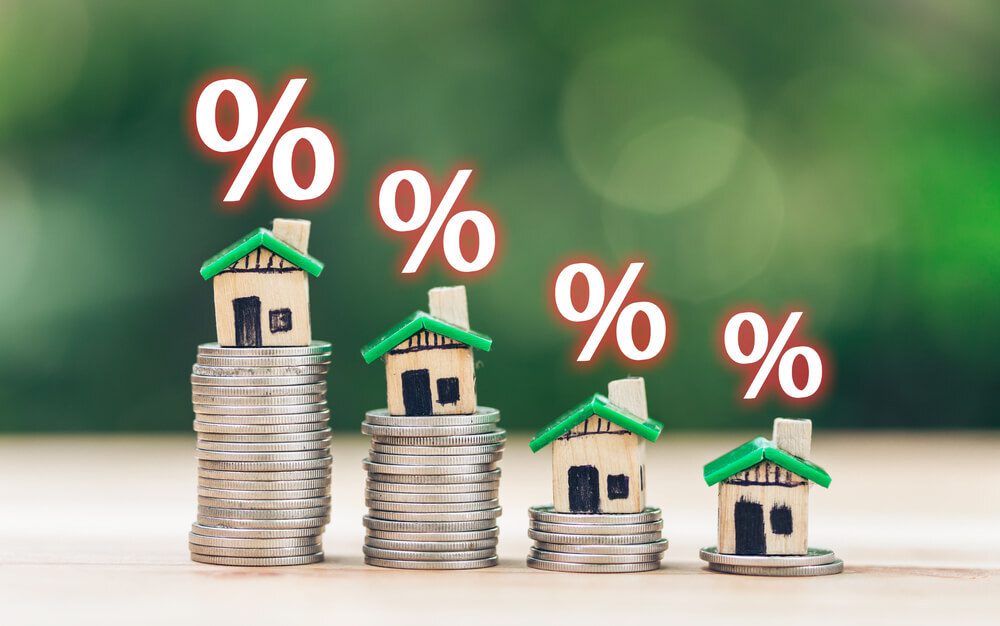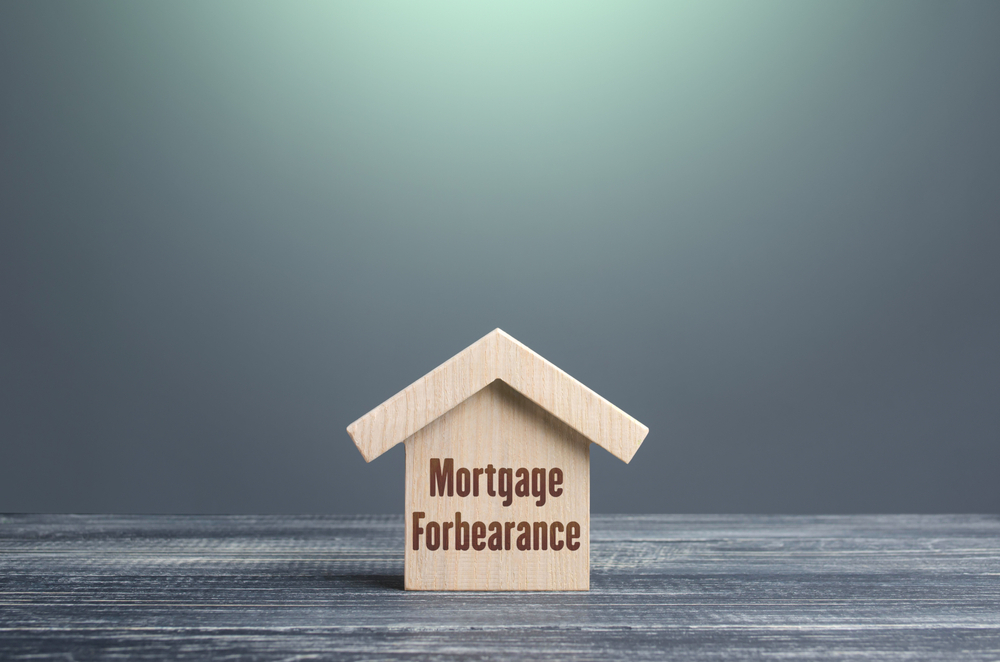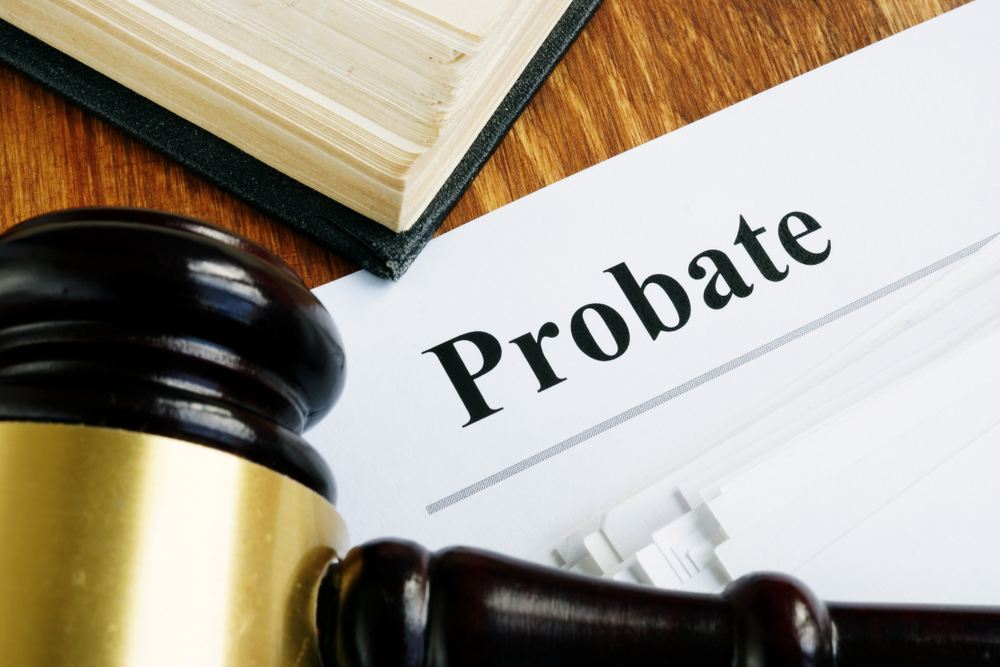How to Sell a Distressed Property Fast and Efficiently
Selling a distressed property can be a challenging but rewarding endeavor. Distressed properties, often characterized by financial or physical issues, require a strategic approach to maximize their market potential. In this guide, we’ll explore the essential steps to successfully sell a distressed property, from identifying it to navigating the complex sales process. 1. Identifying Distressed Properties Before diving into the selling process, it’s crucial to recognize the signs of a distressed property. These signs may include visible neglect, structural issues, or financial struggles faced by the current owner. Additionally, researching the market for distressed properties provides valuable insights into potential opportunities. 2. Understanding Market Conditions The real estate market’s conditions play a significant role in the success of selling distressed properties. Timing is key, and sellers must gauge the market to determine the most favorable period for a sale. Adapting to changing conditions ensures a more successful and lucrative transaction. 3. Preparing the Property for Sale To attract potential buyers, distressed properties often require essential repairs and improvements. Investing time and resources in proper staging can significantly enhance the property’s appeal, increasing the likelihood of a quick and profitable sale. 4. Setting the Right Price Determining the right price for a distressed property involves considering various factors, including the extent of distress, comparable property prices, and the local market’s demand. Conducting a thorough competitor analysis aids in setting a competitive yet realistic asking price. 5. Effective Marketing Strategies Utilizing online platforms and engaging with local real estate networks are essential components of marketing distressed properties. Creating a compelling narrative that highlights the property’s potential despite its challenges can attract motivated buyers. 6. Negotiation Tactics Negotiating the sale of a distressed property requires skill and finesse. Handling offers effectively and navigating through potential pitfalls are critical aspects of the negotiation process. Sellers should be prepared for various scenarios to secure the best possible deal. 7. Legal Considerations Navigating the legal aspects of selling a distressed property involves proper disclosures and documentation. Ensuring transparency throughout the process contributes to a smoother closing, minimizing the risk of legal complications. 8. Working with Home Buying Company Engaging the services of a home buying company can significantly ease the selling process. Their experience and knowledge of the market can prove invaluable, offering guidance and support at every stage. 9. Alternative Selling Options Considering alternative selling options, such as auctions or quick sales, provides sellers with flexibility. Each method has its pros and cons, and choosing the right approach depends on the property’s unique circumstances and the seller’s objectives. 10. Building a Supportive Network Seeking advice from professionals and networking with other distressed property sellers creates a supportive community. Sharing experiences and learning from others can ease the emotional and logistical challenges of selling a distressed property. 11. Handling Buyer Concerns Addressing common buyer objections is crucial during the selling process. Providing transparent information and reassurance helps build trust, facilitating a smoother transaction. 12. Post-Sale Considerations Managing financial gains and planning for the future are essential considerations after selling a distressed property. Careful financial planning and a proactive approach to the next steps contribute to a successful post-sale transition. Conclusion In conclusion, selling a distressed property requires a comprehensive approach that encompasses preparation, market understanding, effective marketing, and strategic negotiation. By following these steps and learning from the experiences of others, sellers can navigate the complexities of distressed property sales with confidence. Frequently Asked Questions (FAQs) Q: Is it possible to sell a distressed property quickly? A: Yes, utilizing auction or quick sale methods can expedite the selling process for distressed properties. Q: How can I determine the right price for my distressed property? A: Conduct a thorough competitor analysis, considering the property’s condition and local market demand. Q: Should I hire a real estate agent to sell my distressed property? A: While not mandatory, working with a real estate professional can significantly simplify the process and enhance outcomes. Q: What legal considerations should I be aware of when selling a distressed property? A: Ensure proper disclosures and documentation to minimize legal complications during the transaction. Q: How can I manage financial gains after selling a distressed property? A: Consult with financial professionals to create a strategic plan for managing the proceeds effectively.
How to Sell a Distressed Property Fast and Efficiently Read More »












